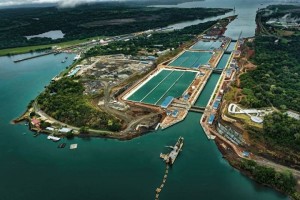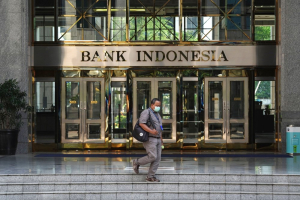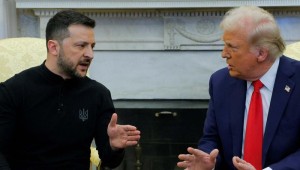Trump's reelection could reshape Indonesia's economic strategy amid global shifts
The reelection of Donald Trump as U.S. President presents a unique set of challenges for Indonesia, requiring a certain approach in policy and adjustment in the coming years, a report by globalasia.org reveals.
Indonesia's economy has long demonstrated resilience in the face of global crises, such as during the 2008 mortgage crisis and the Covid-19 pandemic. Despite challenges, Indonesia managed to adapt, demonstrating its ability through the hurdles.
Indonesia may focus on tightening import regulations, combating smuggling and introducing stronger fiscal stimulus for its struggling manufacturing sector. All these efforts are aimed at shielding the domestic economy from external economic shocks.
Indonesia is experiencing increasing pressure from global economic shifts. The country expanded its collaborations with non-traditional trading partners like BRICS (Brazil, Russia, India, China and South Africa) providing a more diversified economic options.
While Indonesia is not pursuing full-scale de-dollarization, it is likely to encourage the use of local currencies in trade agreements, such as with ASEAN members, China and India. Such move would help reduce the country's reliance on foreign currencies, offering greater flexibility in its trade relations.
On the international side, the urge to negotiate trade deals with the U.S. and the European Union (EU) will become even more pressing. A notable concern is the ongoing negotiations between Indonesia-EU on the Comprehensive Economic Partnership Agreement (IEU-CEPA), which took several years to conclude.
These talks, hindered by many issues such as palm oil production and environmental concerns, highlight the challenges that Indonesia is facing in securing favorable agreements with Western powers.
Indonesia on the other hand, lacks a free trade agreement with the U.S., unlike many of its ASEAN counterparts, a gap which could hinder the country's ability in capitalizing on its economic potential. As the largest economy in ASEAN, Indonesia deserves greater attention from Western partners as a strategic economy.
While Indonesia's economic resilience will enable it to deal with the potential turbulence of Trump's policies, the short-term impact includes slower Gross Domestic Product (GDP) growth. The broader implications might be from Trump's protectionist stance, disrupting global alliances.
Ultimately, Indonesia's economic strategy will need to be flexible and forward-thinking, balancing relations with both Western and alternative economic powers. With Trump's reelection, his approach could cause far reaching consequences for economies like Indonesia, the report concluded.
Already have an account? Sign In
-
Start reading
Freemium
-
Monthly Subscription
30% OFF$26.03
$37.19/MonthCancel anytime
This offer is open to all new subscribers!
Subscribe now -
Yearly Subscription
33% OFF$228.13
$340.5/YearCancel anytime
This offer is open to all new subscribers!
Subscribe now






